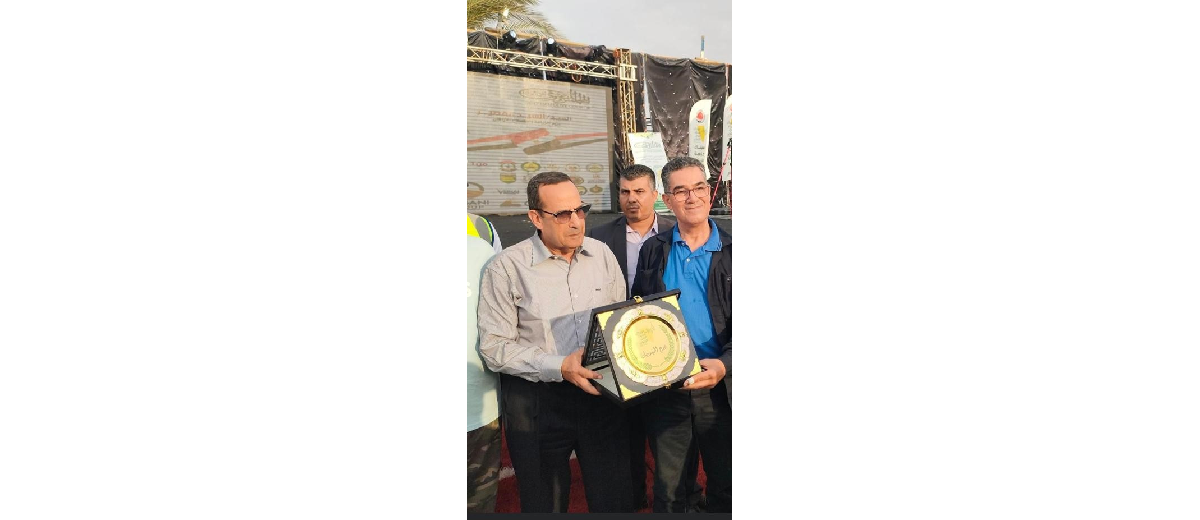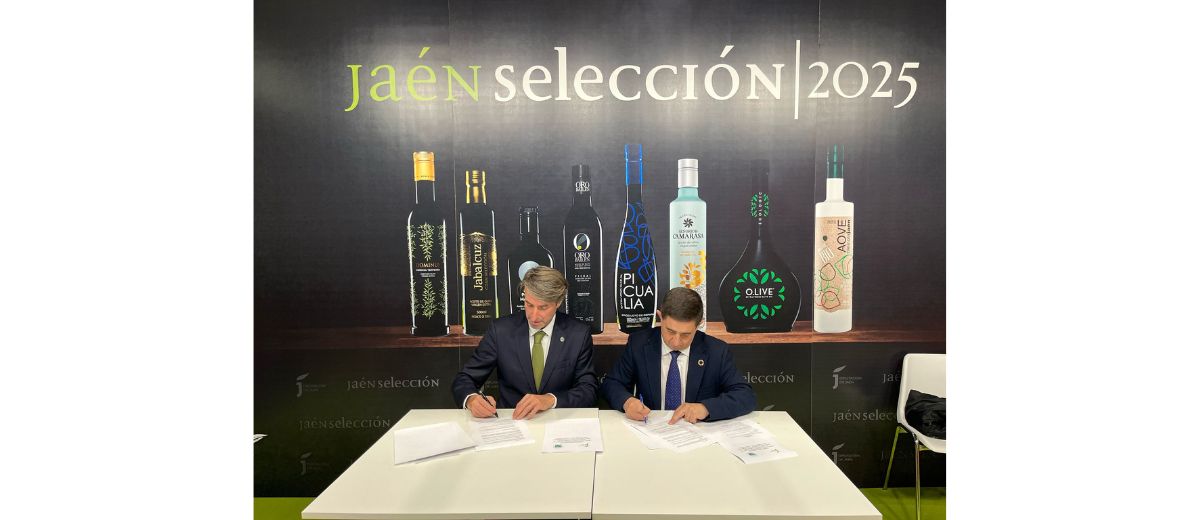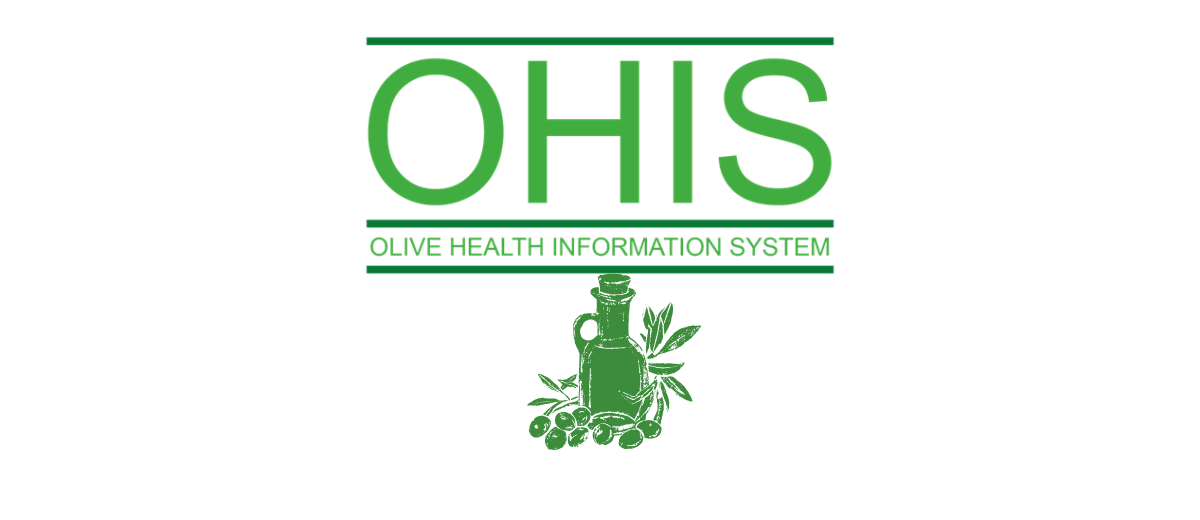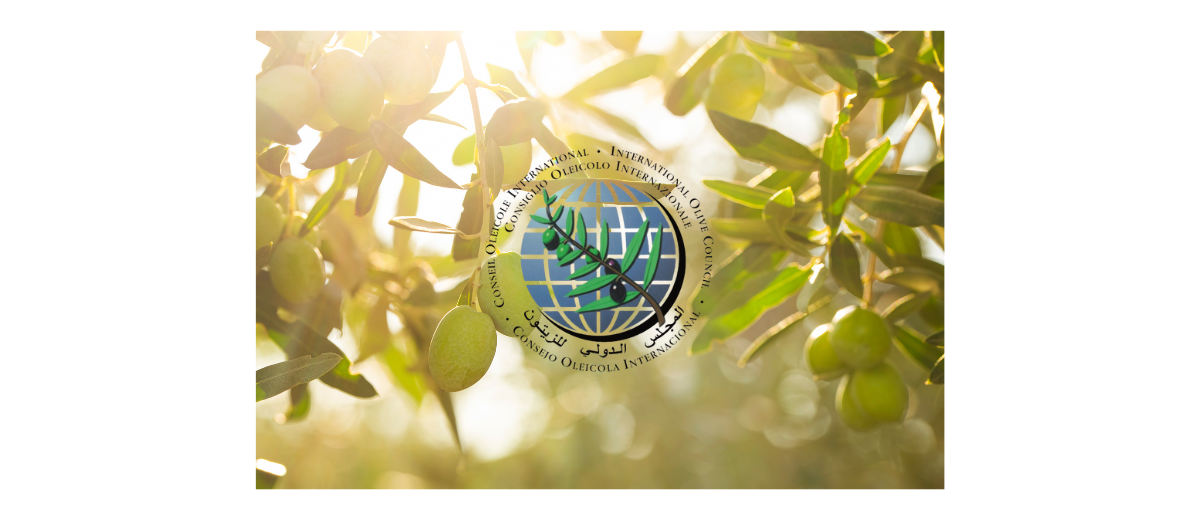In response to an invitation from the President of the Egyptian Olive Council, IOC Executive Director Abdellatif Ghedira visited Egypt from 4 to 6 October 2023, where he took part in a number of events.
The Executive Director held a meeting with the Egyptian members of the IOC Advisory Committee and the Egyptian delegation to the IOC, during which he encouraged them to increase their participation and involvement in IOC activities, to appoint experts and to collaborate more closely with the IOC Executive Secretariat as a whole.
Together with the national and local authorities, he took part in the inauguration of the first olive-growing festival to be held in the Sinai Peninsula, during which he planted an olive tree on a plot where 10,000 trees were planted on the same day. The IOC Director was able to witness the importance of the olive sector in this arid region which should soon be home to 25 million new varieties of olive trees. This initiative is part of an ambitious programme to plant 100 million oil olive seedlings, which the Egyptian authorities announced at the 53d meeting of the IOC Advisory Committee in 2019. More than 60% of this programme has already been implemented in various regions of the country. Egypt, which is the world’s leading producer of table olives – with 600,000 tonnes produced in 2022/23 – has decided to diversify its production and grow more varieties of oil to boost domestic consumption, which is still well below what it could be in a traditionally producer country, reaching no more than 400 grams of olive oil per capita per year.
The IOC Executive Director recommended that this planting programme be part of an overall strategy that should include all components of the value chain, in particular the choice of suitable varieties, the revitalisation of nurseries, the installation of processing and storage units, the establishing and recognition of analysis laboratories and tasting panels, and the development of agribusiness as a whole. He also proposed that this Mediterranean country consider the development of communication campaigns with the IOC’s support, as part of the intergovernmental organisation’s promotional activities in member countries.
Furthermore, he discussed the possibility of making a national germplasm bank available to the competent Egyptian authorities in order to study the adaptation of international varieties to Egypt’s diverse edaphic conditions, as well as the possibility of setting up a training centre exclusively dedicated to the study of table olives.
Mr Ghedira also extended an official invitation to the Egyptian Minister of Agriculture to attend the 118th session of the Council of Members to be held in Madrid in November.










